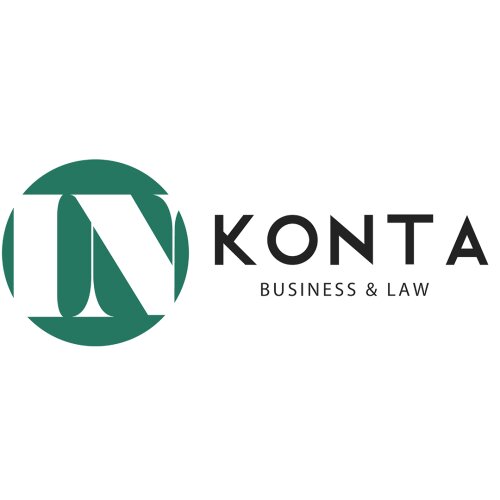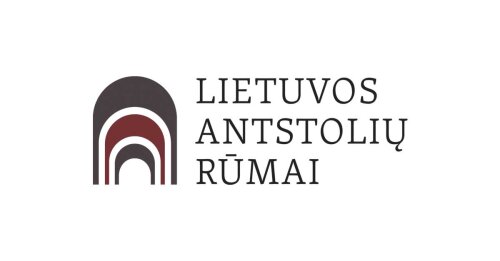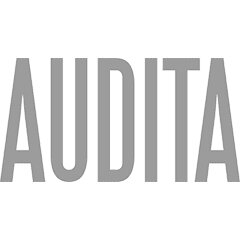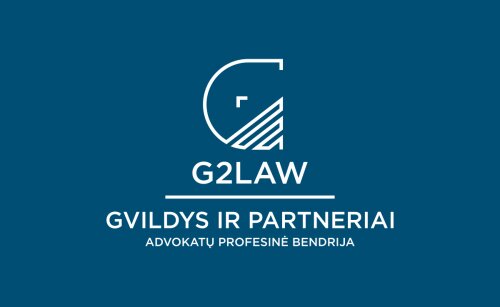Best FDA Law Lawyers in Republic of Lithuania
Share your needs with us, get contacted by law firms.
Free. Takes 2 min.
Or refine your search by selecting a city:
List of the best lawyers in Republic of Lithuania

About FDA Law in Republic of Lithuania
FDA Law in the Republic of Lithuania refers to the legal and regulatory framework surrounding the approval, safety, labeling, manufacturing, distribution, and monitoring of food, drugs, and medical devices. While Lithuania does not have a national agency called the FDA, it harmonizes its standards with the European Union (EU), particularly following regulations and directives issued by the European Medicines Agency (EMA) and the European Food Safety Authority (EFSA). National enforcement is primarily managed by the State Food and Veterinary Service and the State Medicines Control Agency. These authorities work to ensure that products on the Lithuanian market are safe, effective, and properly labeled, and that businesses comply with applicable health regulations.
Why You May Need a Lawyer
FDA Law in Lithuania is complex and evolving due to both national legislation and EU regulations. Individuals and businesses may require legal assistance in situations such as:
- Registering new foods, medicines, medical devices, or supplements on the Lithuanian or EU market
- Facing inspections or enforcement actions from regulatory agencies
- Appealing administrative decisions, fines, or restrictions concerning your products
- Ensuring compliance with advertising and labeling requirements
- Dealing with product recalls or adverse event investigations
- Engaging in disputes over intellectual property connected to pharmaceuticals or health products
- Understanding import-export requirements for regulated products
- Representing your interests in negotiations with regulatory bodies or in court
A lawyer specialized in this field can guide you through Lithuanian regulations, navigate EU law implications, and reduce risks for your business or personal interests.
Local Laws Overview
Lithuania’s FDA Law framework operates within both national and EU contexts. Key local features include:
- State Food and Veterinary Service: Oversees food safety, including the approval and monitoring of food products, supplements, and labeling compliance.
- State Medicines Control Agency: Supervises the authorization, registration, and monitoring of medicines and medical devices in Lithuania.
- EU Regulations: Much of the national law aligns with the EMA and EFSA, covering Good Manufacturing Practice (GMP), Good Clinical Practice (GCP), product registration, pharmacovigilance, and labeling standards.
- Advertising Rules: Strict regulations define how food, supplements, medicines, and devices can be marketed, both to professionals and the public.
- Import-Export Controls: Products entering or leaving Lithuania must comply with both Lithuanian and EU standards.
- Sanctions and Penalties: Breaches can lead to fines, product seizures, license suspensions, or criminal liability in serious cases.
Complying with both local and EU requirements is essential to avoid legal complications.
Frequently Asked Questions
What agency regulates food and drugs in Lithuania?
The State Food and Veterinary Service handles food products and supplements, while the State Medicines Control Agency is responsible for medicines and medical devices.
How are new pharmaceuticals or medical devices approved?
Approval usually involves registration with the State Medicines Control Agency and adherence to EU registration processes. Some products may be centrally authorized at the EU level via the EMA.
Are EU rules applicable to FDA Law matters in Lithuania?
Yes, Lithuania implements EU directives and regulations regarding food safety, pharmaceutical products, sponsorship, clinical trials, and labeling.
Can I advertise health products freely in Lithuania?
Advertising is strictly regulated. Claims must be substantiated, and certain products have prohibitions on public advertising. Comparative and misleading advertising is strictly prohibited.
What happens if a company violates FDA Law regulations?
Violations can result in administrative fines, mandatory recalls, registrations being revoked, or criminal charges if health risks are severe.
Is it necessary to have product information in Lithuanian?
Yes, labeling and instructions must be provided in Lithuanian. In some cases, additional languages can accompany but not replace Lithuanian.
What is the process for reporting adverse reactions or risks?
Both healthcare professionals and companies must report adverse effects to the State Medicines Control Agency or the State Food and Veterinary Service, depending on the product.
Are food supplements regulated differently than pharmaceuticals?
Yes. Food supplements follow food law regulations but may require notice to authorities before sale, while pharmaceuticals undergo a more rigorous review and approval process.
Do I need special authorization to import pharmaceuticals into Lithuania?
Generally, yes. Importers must be authorized and comply with Good Distribution Practice (GDP) requirements. Pharmaceuticals must also be registered for sale in Lithuania or the EU.
How can a lawyer help with FDA Law compliance?
A lawyer can interpret complex regulations, communicate with relevant authorities, draft required documents, represent clients in disputes or inspections, and create compliance programs for businesses.
Additional Resources
If you are seeking advice or practical support in FDA Law in Lithuania, consider reaching out to:
- State Medicines Control Agency (Valstybinė vaistų kontrolės tarnyba)
- State Food and Veterinary Service (Valstybinė maisto ir veterinarijos tarnyba)
- Ministry of Health of the Republic of Lithuania
- European Medicines Agency (EMA)
- European Food Safety Authority (EFSA)
- Lithuanian Bar Association for referrals to specialized lawyers
Next Steps
If you are dealing with an FDA Law issue in Lithuania, these are recommended actions:
- Identify your specific legal concern or compliance challenge
- Gather relevant documentation, such as product labels, registration records, or agency correspondence
- Reach out to the appropriate governmental authority for initial guidance where possible
- Consult with a lawyer who specializes in pharmaceutical, food, or medical device law in Lithuania, especially when facing regulatory investigations or preparing new product launches
- Stay informed about updates in Lithuanian and EU regulations that may affect your rights and obligations
- Document all communications and actions for potential use in regulatory or legal proceedings
Having professional legal assistance is vital when navigating Lithuania’s FDA law compliance or disputes, ensuring that your interests are protected and obligations are met.
Lawzana helps you find the best lawyers and law firms in Republic of Lithuania through a curated and pre-screened list of qualified legal professionals. Our platform offers rankings and detailed profiles of attorneys and law firms, allowing you to compare based on practice areas, including FDA Law, experience, and client feedback.
Each profile includes a description of the firm's areas of practice, client reviews, team members and partners, year of establishment, spoken languages, office locations, contact information, social media presence, and any published articles or resources. Most firms on our platform speak English and are experienced in both local and international legal matters.
Get a quote from top-rated law firms in Republic of Lithuania — quickly, securely, and without unnecessary hassle.
Disclaimer:
The information provided on this page is for general informational purposes only and does not constitute legal advice. While we strive to ensure the accuracy and relevance of the content, legal information may change over time, and interpretations of the law can vary. You should always consult with a qualified legal professional for advice specific to your situation.
We disclaim all liability for actions taken or not taken based on the content of this page. If you believe any information is incorrect or outdated, please contact us, and we will review and update it where appropriate.
Browse fda law law firms by city in Republic of Lithuania
Refine your search by selecting a city.














